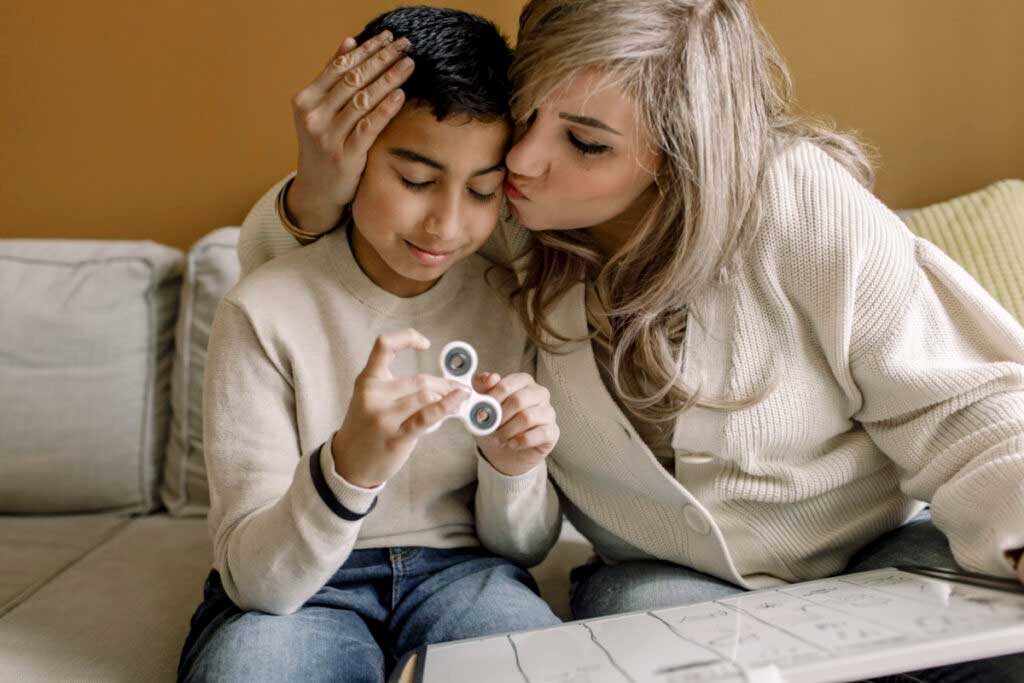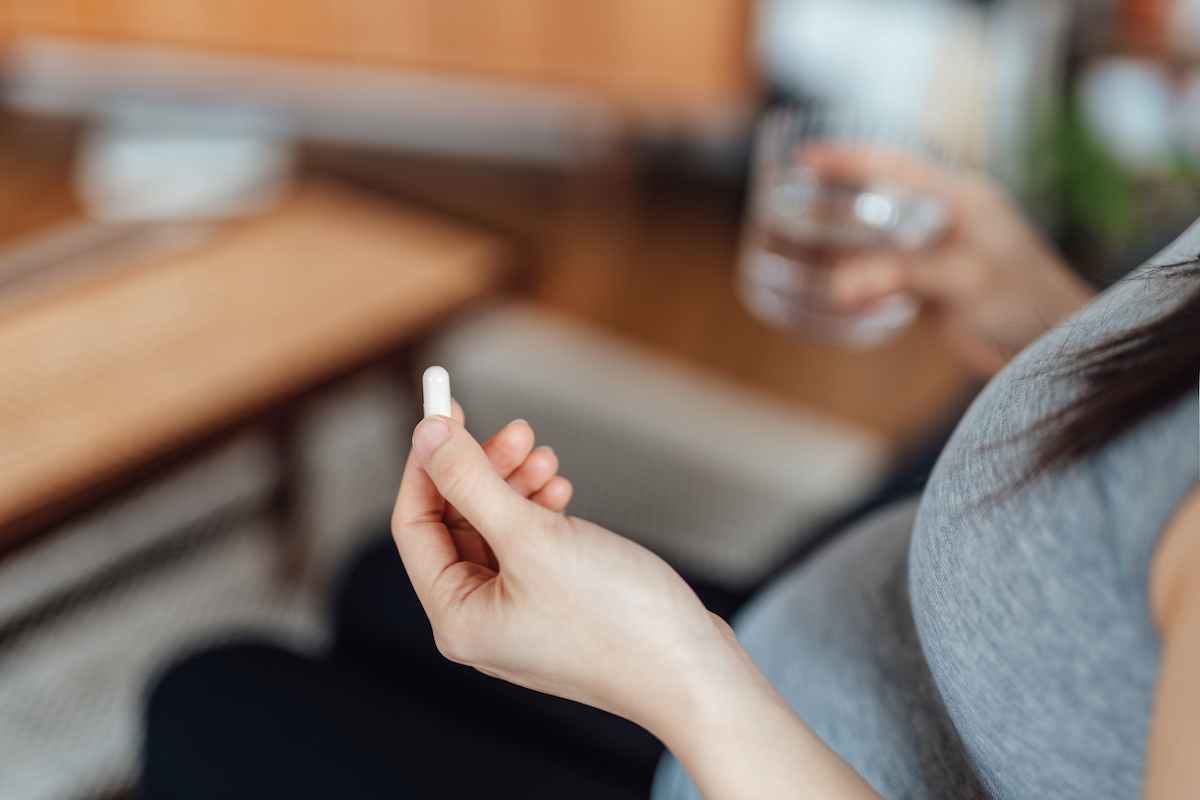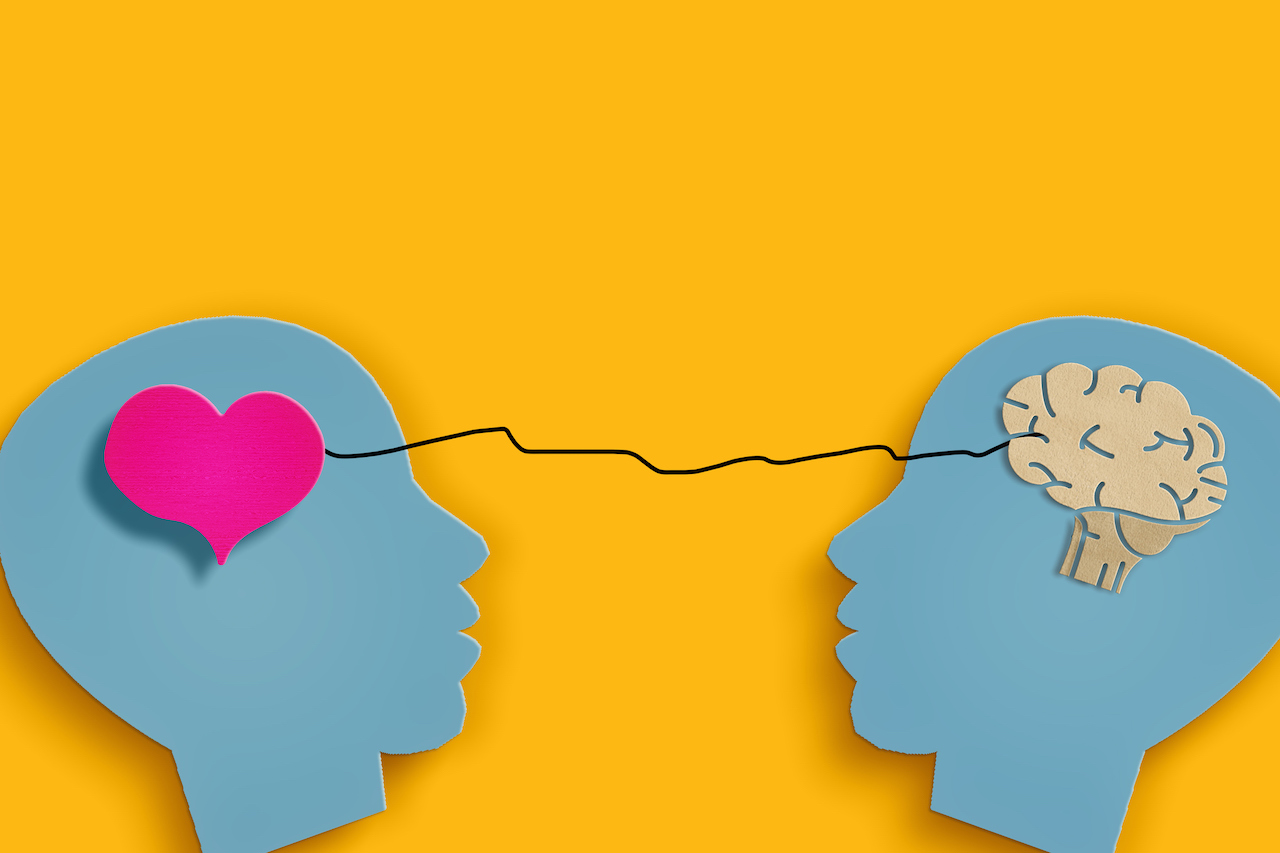As regular readers of this newsletter know, I am skeptical about supplements. I’ve written before about how most vitamin supplements are completely unnecessary, and I’ve done academic work on vitamin supplementation as a prime example of problems with nutrition research.
However: nothing is ever black-and-white. There are cases in which some kind of vitamin or mineral supplementation does make sense. For example, if you have scurvy, you need vitamin C. This is extremely unlikely. A more practical example is iron supplementation for people who are anemic, or borderline anemic. A reasonable share of women in particular have low levels of iron, and a supplement in that case can improve energy.
These are cases where there is an obvious link between the deficiency and the health outcome, so it’s clear why the supplement would fix the problem. There are other cases, though, where the underlying biology is less clear, and yet the data makes it harder to dismiss a link than with something like vitamin E and heart disease. I want to talk about one of those liminal cases today: the possible link between magnesium supplementation and improved outcomes for children with attention-deficit/hyperactivity disorder.
If you google “magnesium and ADHD,” it’s easy to find a large number of websites, many of which focus on alternative medicine, that argue that magnesium supplements can improve behavior and focus for kids with ADHD. There is a general sense that this relates to some role of magnesium in the brain, but unlike iron and anemia or vitamin C and scurvy, there is no obvious biological reason for this connection. That makes it controversial.
Today’s post is in three parts. I’m going to start with the official line on this. I’m then going to review the literature that could suggest a link. I’ll then talk about how one might pull these together.
What does the medical consensus say about ADHD?
There is no one medical consensus on ADHD. Different doctors approach it differently in terms of diagnosis, threshold for medication therapy, and so on. Some doctors may well prescribe magnesium, based in part on the evidence below.
For the most part, official guidelines either do not mention or do not sanction this treatment.
The AAP guidelines on ADHD in children focus on evaluation, diagnosis, and then how to think about introducing medical treatment with FDA-approved medications. They do not mention supplements. In the UpToDate guidance (this is a resource for doctors, with treatment guidelines written by doctors), they recommend against supplementation with a combination of vitamin B6 and magnesium and do not discuss the use of magnesium alone. They argue that there are no proven benefits, and possible risks. Magnesium in very high doses can cause cramps and nausea.
What do studies on magnesium and ADHD show?
The idea that magnesium supplementation might improve ADHD is a relatively old one. A 1997 article in the journal Magnesium Research reports on a small trial of magnesium supplementation for children with ADHD who have diagnosed magnesium deficiency. The authors argue that hyperactivity was decreased after supplementation.
Other small studies have followed up and shown similar things.
A 2016 study in the Egyptian Journal of Medical Human Genetics (this is not an especially well-known journal) reported on 25 children with ADHD, compared with 25 controls. The study reported a higher rate of magnesium deficiency in the children with ADHD compared with the control group. They then took the 18 children with ADHD and magnesium deficiency and randomized half of them into supplementation and half not. The paper reports improvements in impulsivity behavior. There are some holes in this study. It’s not clear that participants were blinded to their treatment status, and there are many tests that are not statistically significant.
More recent — and larger and better published — is a 2021 article in BMC Pediatrics. Here the authors randomize 66 Iranian children in a double-blinded, placebo-controlled way. The treatment was supplementation with vitamin D and magnesium for eight weeks. The authors found significant reductions on a large number of outcomes, including emotional and conduct problems, peer problems, and various behavioral scores. A notable issue with this study is that they cannot separate the magnesium and the vitamin D in their effects.
This evidence is interesting but still feels only suggestive. The studies are not large. Differences in cultural context (other treatment options, etc.) in Iran and Egypt may interact with the findings. There is relatively little engagement with the question of side effects (the first study notes about 20% of children report diarrhea, but that’s only two of nine kids, so it’s hard to really interpret). In addition, these studies all focus on children with diagnosed magnesium deficiency. The implications for kids without deficiencies is unknown.
What to do with limited evidence?
This example feels emblematic of a wider array of problems. What do we do in a case with some limited support for some treatment, but nothing conclusive?
A facile solution is to say that we should do better studies. I totally agree with that. In this particular case, given the evidence we have, it seems like an interesting and important research direction. A large study wouldn’t necessarily be difficult to run. One barrier may be funding — no one has a strong economic incentive to study this question — but I would like to think that some federal agency like the NIH would want to fund it.
The question is what to do before such data exists. If you have a child with ADHD now, should you start supplementing?
The answer, I think, must rely on considering the downsides. Given the evidence here, if there were literally no downsides, it seems like something to recommend.
What are the possible downsides?
One is cramping and diarrhea, which can show up for children at high doses of magnesium. The doses used in the 2021 trial (6 milligrams per kilogram a day) are edging close to the recommended upper limits for children.
The second possible downside is distraction. That is: if pursuit of this type of alternative therapy distracts from other therapies, that is a real cost. My sense is this is the downside that the medical consensus most worries about. One concern is that if parents are chasing supplement-based solutions for ADHD, it may limit their engagement with medical or therapeutic avenues with more evidence behind them.
A lighter-touch concern is simply that there may be too much to remember. Telling parents to add some elaborate supplement routine to an already full plate of therapies may make a stressful situation worse. If your child is resistant to taking medications in the first place, having a daily fight over magnesium supplements is bad.
There is a delicate balance here that, ultimately, needs significant shared decision-making. For some families, I can see a strong case for experimenting with this. The studies cited above show effects in the quite short term — within six to eight weeks. Parents could consider a short-term period of supplementation, after which they evaluate any perceived benefits and also consider any side effects.
For other families, adding this to the plate seems too much at this point. Down the line, if we have stronger positive evidence, there is always the possibility to reconsider.
Ultimately, this is a little bit of a cautionary tale about the limits of evidence-based medicine. We always want to make choices based on evidence. But when the evidence is incomplete, or inconclusive, decisions still need to be made.

















